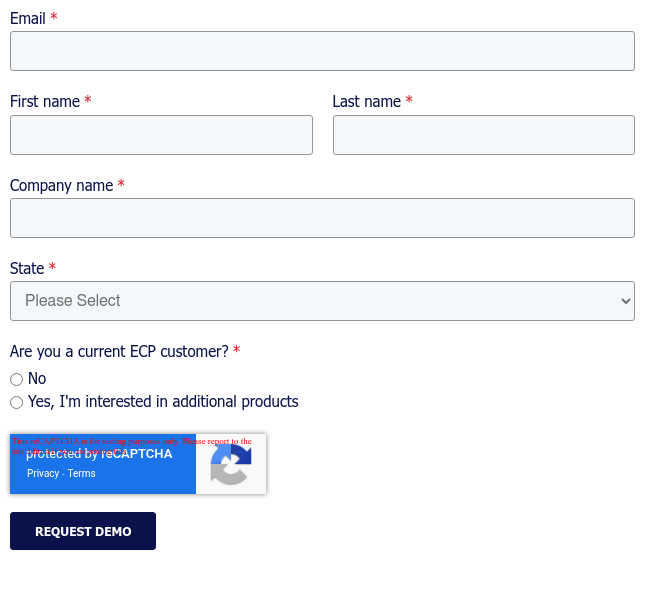Virginia's Assisted Living Regulations: Chapter 73 and the Uniform Assessment Instrument
In this blog post, we will explore the significance of Chapter 73 in Virginia's Standards and Regulations for Licensed Assisted Living Facilities and the Virginia Uniform Assessment Instrument (UAI). These regulations ensure the quality of care and services provided to residents.
What is Virginia's Chapter 73 Regulations?
Virginia's Chapter 73 comprises a set of regulations that govern the operation of licensed assisted living facilities in the state. These regulations cover various aspects of assisted living facilities, including staffing, resident care, safety measures, and facility management. For assisted living operators, compliance with Chapter 73 is essential to maintain licensure and ensure the well-being of their residents.
Key Components of Chapter 73 Regulations:
-
Staffing Requirements: Chapter 73 outlines staffing ratios, qualifications, and training standards for employees in assisted living facilities. Ensuring that staff members meet these requirements is critical to providing quality care.
-
Resident Care: The regulations specify standards for resident assessments, care plans, medication management, and addressing residents' physical and emotional needs.
-
Safety and Facility Management: Assisted living operators must adhere to safety protocols, including fire safety measures, building maintenance, and emergency preparedness.
-
Record Keeping and Reporting: Maintaining accurate records and reporting incidents is a fundamental aspect of compliance with Chapter 73.
Virginia Uniform Assessment Instrument (UAI)
The Virginia Uniform Assessment Instrument (UAI) is a tool used to assess the functional abilities and needs of individuals seeking admission to assisted living facilities in Virginia. The primary purpose of the UAI is to determine the appropriate level of care and services required by an individual.
Key Aspects of the UAI:
-
Functional Assessment: The UAI assesses an individual's physical and cognitive functioning, considering factors like mobility, activities of daily living, and cognitive status.
-
Medical and Psychosocial Evaluation: It also evaluates an individual's medical conditions and psychosocial needs, including mental health and emotional well-being.
When and Why the UAI Is Required:
The timing of when the UAI is required to be completed may vary depending on the individual's situation and the specific regulations in place. Typically, it is conducted as part of the admission process to assess the resident's needs. It ensures that residents receive the appropriate level of care and that facilities are adequately staffed and equipped to meet residents' needs.
Remaining Compliant in Virginia:
For assisted living operators and individuals seeking care in Virginia, Chapter 73 regulations and the Virginia Uniform Assessment Instrument are essential components of the assisted living landscape. Complying with these regulations is not only a legal requirement but also a means of ensuring the safety and well-being of residents. It is imperative to stay informed about any changes in regulations and to work closely with the Virginia Department of Health or other relevant agencies to ensure compliance with all requirements.
ECP helps Virginia assisted living facilities stay compliant with specific regulatory and compliance regulations. Please reach out to ECP at sales@ecp123.com or to request a demo here.
Note - The information provided on this website does not, and is not intended to, constitute legal advice; instead, all information, content, and materials available on this site are for general informational purposes only. ECP makes no warranties as to the accuracy of this content and does not commit to updating it as regulations change. Readers of this website should contact their attorney to obtain advice with respect to any particular legal or compliance matter.


